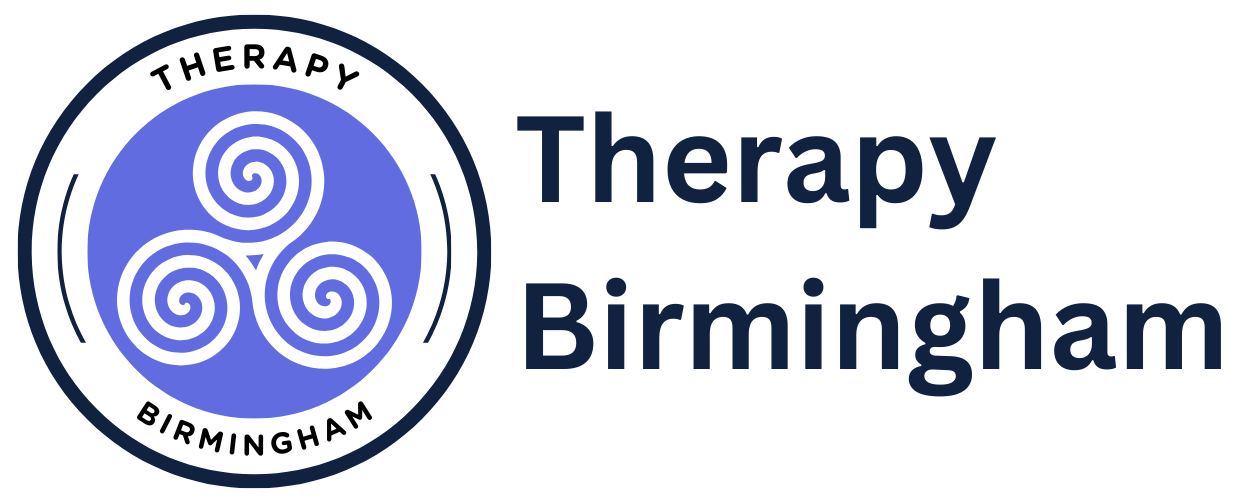
Cognitive Analytic Therapy (CAT)
Cognitive Analytic Therapy
 Cognitive Analytic Therapy is an individual psychotherapy that involves a therapist and a client working together and looking at what has hindered changes in the past, in order to understand better how to move forward in the present.
Cognitive Analytic Therapy is an individual psychotherapy that involves a therapist and a client working together and looking at what has hindered changes in the past, in order to understand better how to move forward in the present.
How does it work?
CAT focuses its attention on discovering how problems have evolved and how the procedures devised to cope with them may be ineffective. It is designed to enable you to gain an understanding of how the difficulties you experience may be made worse by the habitual use of certain coping mechanisms. Problems are understood in the light of your personal history and life experiences. The focus is on recognising how these coping procedures originated and how they can be adapted and improved. The exploration of these ‘problems’ and the patterns of thinking, feeling and behaviour that cause and perpetuate them can be explored in relation to one’s relationships with oneself and with others both within private life and at work.
A course of CAT can last up to 24 or more sessions depending on the agreed goals of therapy. 3-4 sessions, can lead to an awareness of patterns of thinking and behaviour which can be helpful personally and professionally, 8, 16, 24+ can be offered if you want to make more substantive changes to your life and take things further.
Reasons for CAT
Emotional difficulties such as:
- Low mood,
- low self-esteem,
- depression,
- anxiety.
- Difficulties/conflicts in relationships.
- Complex relationship trauma – for example Childhood neglect or abuse.
CAT is about:
- Forming a trusting relationship with your therapist which allows you to work together to explore the difficulties you are facing
- Identifying your current problems and how they affect your life and wellbeing
- Looking at the underlying causes of these problems in terms of your earlier life and relationships
- Understanding how you learned to survive sometimes intense and unmanageable feelings by relating to others and yourself in particular ways
- Identifying how these patterns may now be holding you back
- Discovering the choices and ways of doing things differently (‘exits’) that are available to you to make your life better for yourself and those close to you
- Finding out how you can continue to move forward after the therapy has ended
Cognitive Analytic Therapy…

- is cognitive in that it makes full use your capacity to observe and think about yourself, your assumptions, feelings and behaviour.
- is analytic in that unacknowledged, unconscious factors are explored and worked with, and their impact is recognised. In addition, the therapist–client relationship is understood and used.
- is integrated in that a cohesive body of theory has been developed with a unique understanding of personality and development. It emphasises the interplay between mental processes, feelings, actions and consequences.is open to and already subject to research and evaluation.
- is an effective way of developing self-awareness and personal development.
- recruits and extends your capacity for self-help, and develops specific tools for understanding and changing unhelpful coping procedures.
For more information please contact me or visit this useful link: acat.me.uk
